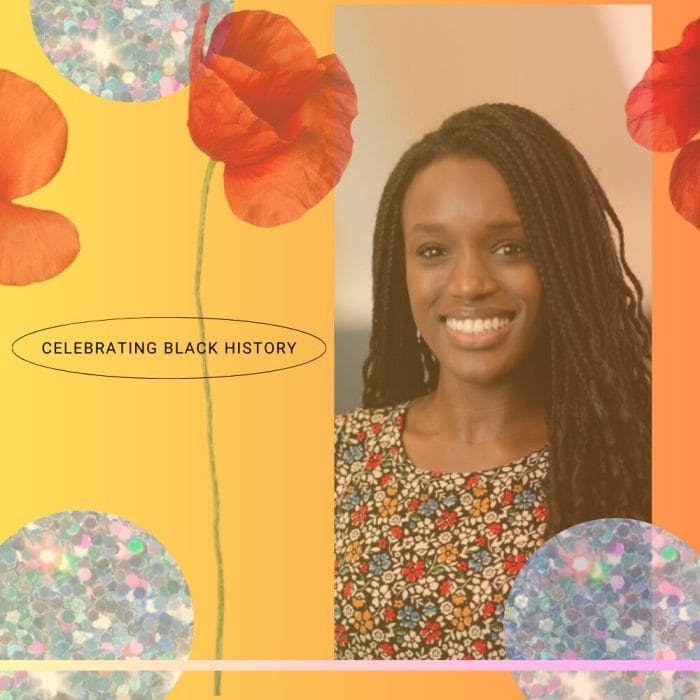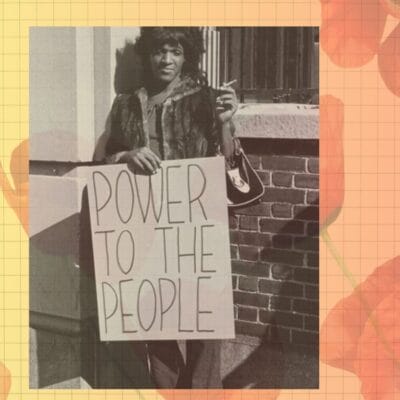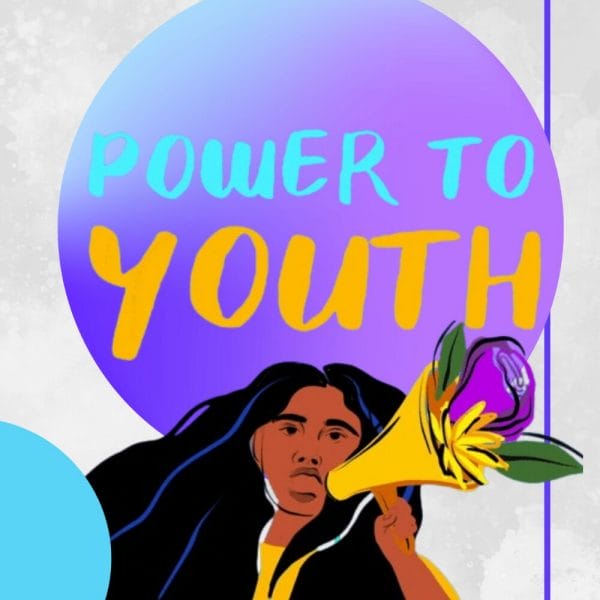As we continue to honor Black History Month, we reflect on the resilience and wisdom of Black individuals and communities. Tracey Kirui, Hopelab’s Program and Strategy Lead, shares her inspiration from Civil Rights leader Marsha P. Johnson.
The following was written by Tracey Kirui and shared with the Hopelab staff. It has been edited for length and clarity.
Black History Month serves as a time for us to contemplate and celebrate the contributions of Black people to the culture, knowledge, and pivotal movements in the United States and worldwide. It also gives us a platform to recognize the accomplishments in the work to dismantle systems of structural and institutional racism. While Black History is inherently American history, this month provides a dedicated space to amplify our stories, pay homage to our ancestors, and recommit to the ongoing work ahead.

Marsha P. Johnson
I would like to pay tribute to the life and legacy of Marsha P. Johnson, an iconic figure in the queer liberation movement and a Black transgender woman. The “P” in her name stands for “Pay It No Mind,” a response to questions about her gender that later became her life motto. Ms. Johnson played a crucial role in the gay rights movement of the 1960s and 1970s, notably during the Stonewall Uprising of 1969 in New York City. Her outspoken advocacy against transphobia led her to co-found the Gay Liberation Front and the Street Transvestite Action Revolutionaries (STAR), organizations offering vital support and resources to unhoused LGBTQ+ youth.






